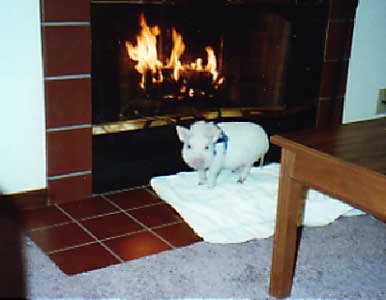Think of quotations as helium balloons.
If you let go of a helium balloon it flies away.
IMPORTANT!
WHAT IS MEANT BY A QUATATION?Any sentence/paragraph/phrase/words taken word for word from the novel.
It does not mean only things in novel which are said by character
There are at least four ways to integrate quotations
1.Introduce the quotation with a complete sentence and a colon.
Example:
Thoreau ends his essay with a metaphor: "Time is but the stream I go a-fishing in."
-This is an easy rule to remember: if you use a complete sentence to introduce a quotation, you need a colon after the sentence.
-Be careful not to confuse a colon (:) with a semicolon (;).
2.Use an introductory or explanatory phrase, but not a complete sentence, separated from the quotation with a comma.
Example:
According to Thoreau , "We do not ride on the railroad; it rides upon us."
-You should use a comma to separate your own words from the quotation when your introductory or explanatory phrase ends with a verb such as "says, " "said," "think," "believes," "asks,".
3.Make the quotation a part of your own sentence without any punctuation between your own words and the words you are quoting.
Example:
Thoreau argues that "shams and delusions are esteemed for soundest truths, while reality is fabulous."
-notice that the word THAT is used in three of the examples above and when it is used as it is in the examples, THAT replaces the comma which would be necessary with our THAT in the sentence.
-You usually have a choice, then, When you begin a sentence with a phrase such as Thoreau says You wither can add a comma after says
4.Use short quotations--only a few words--as part of your own sentence.
Example:
Although Thoreau "drinks at" the stream of Time, he can "detect how shallow it is."
-when you integrate quotations in this way, you don’t use any special punctuation
-instead you should punctuate the sentence just as you would if all of the words were your own.
Tuesday, September 30, 2008
Monday, September 8, 2008
systematic
selective
punctilious
prudent
meticulous
judicious
foresight
fastidious
diligence
Subscribe to:
Comments (Atom)









